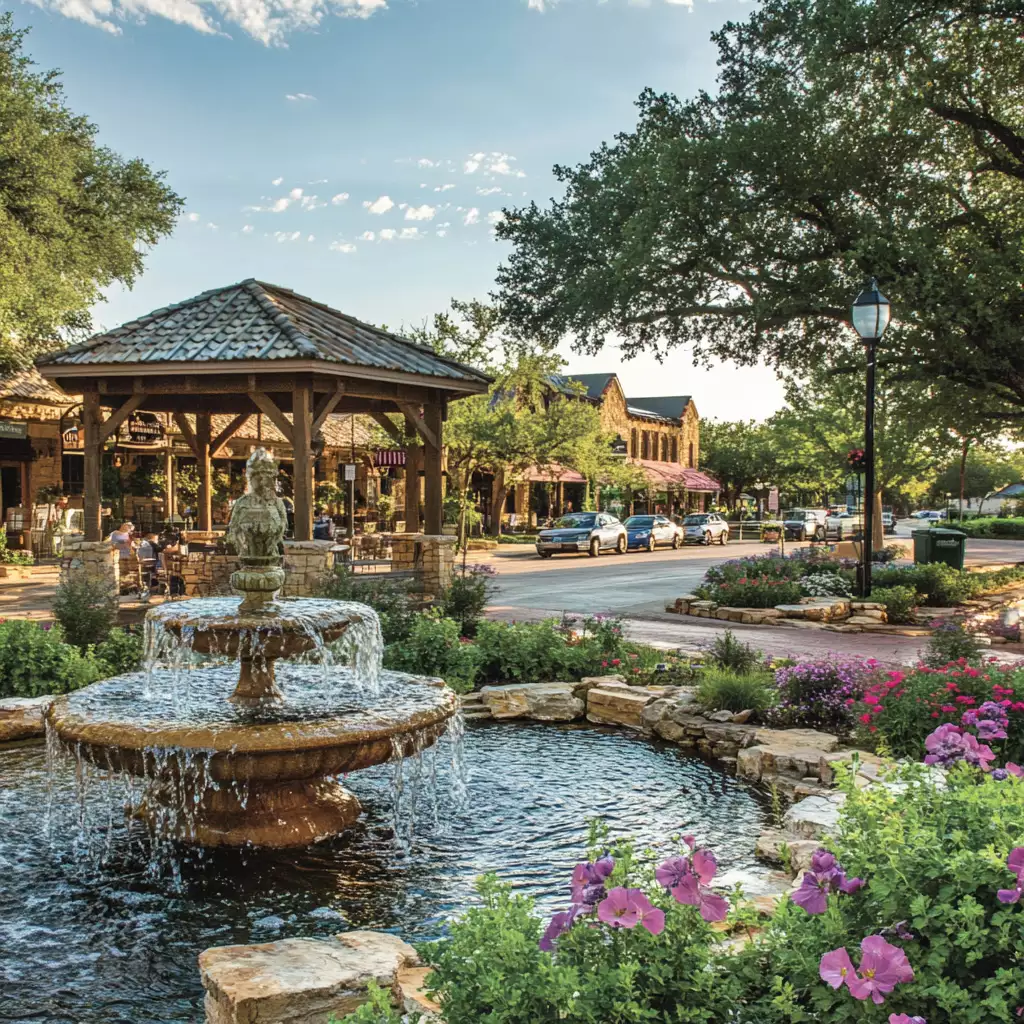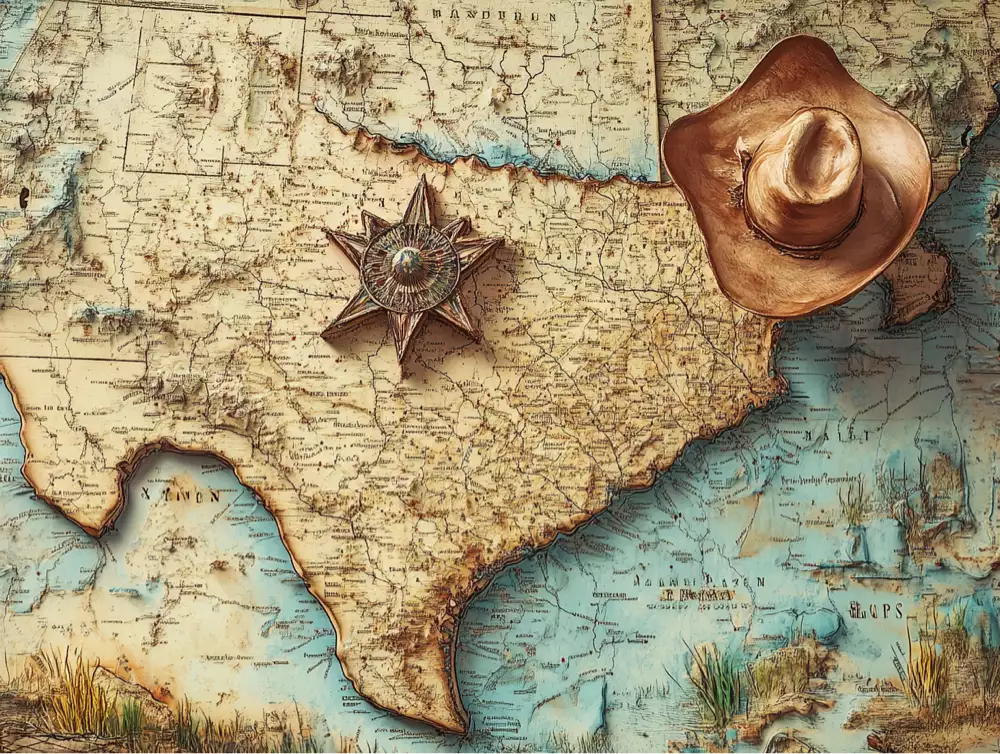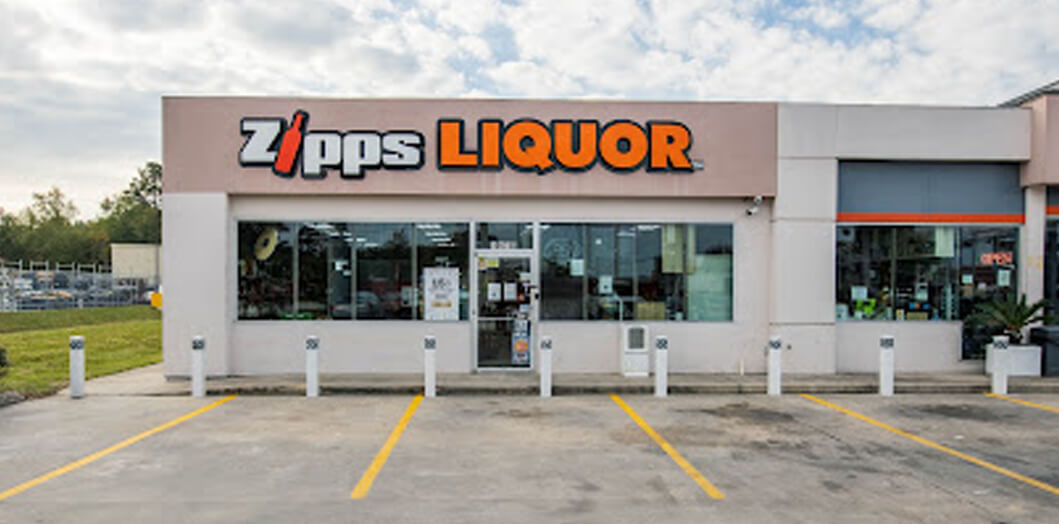In the great state of Texas, local districts have the power to regulate alcohol sales within their counties and towns. Over the past few decades, more local counties in Texas have chosen to allow some types of alcohol sales within their borders, but there are still dry counties in Texas. In this state, there are 254 counties. Each county has its own way of doing things, with different geography, demographics, lifestyles, and location in the state. Learn more about the counties that have chosen to go dry and the history behind their decisions. Check out our liquor store locator and find out if you have any Zipps Liquor Stores nearby. If not, consider buying drinks online from Zipps Liquor and choose for pickup or delivery.
Borden County
Borden County is one area on the list of Texas dry counties. Borden gets its name from the creator of condensed milk, Gail Borden, Jr. This county is situated in the northwest region of Texas. Borden County is a mostly rural region, spanning about 900 miles. There are approximately 654 residents in this dry county, and the people in this county are consistent Republican voters. This county is characterized by dry plains, small towns, and farming. The biggest city in Borden County is the county seat, Gail.
Borden County was one of many North Texas counties to continue to stay dry after prohibition was lifted in the 1930s. Over the past few decades since then, the people in the county continue to vote in favor of a ban on alcohol sales. Today, residents in the county have to travel to adjacent counties to buy liquor or beer.
Kent County
Another county in Texas that has stayed dry since prohibition days in Kent County. This county is also located in the northwest sector of the state. Like Borden County, Kent County is named after a famous Texan, Andrew Kent, who fought at the Alamo. In Kent County, the population peaked in the 1930s and has been in decline ever since. Today, there are approximately 762 people living in the county.
Kent County was a center of Texas agriculture up until the 1930s. After the Great Depression, farmers and ranchers started relocating and the industry never recovered. In the 1940s, oil was discovered in the county which led to new job opportunities for people in the region. The small population in the county continues to vote in favor of keeping the county dry and banning all alcohol sales.
Roberts County
The next county on the list of dry counties in Texas is Roberts County. Roberts County is situated all the way up in the northern panhandle of Texas. In Roberts County, residents and visitors can’t purchase alcohol. The county has about 850 people living within its borders. In the largest city and county seat of Miami, there is a historic courthouse, built in 1913.
The main commercial activity in Roberts County is cattle ranching. This county is also known as the most Republican county in the country, with a high level of support for Republican presidential candidates since the 1960s. If people in the area want to purchase some alcohol or beer, they’ll need to drive south down route 70 out of the county to the neighboring town, Pampa, and check out some of their liquor stores and restaurants.
Hemphill County
Right next door to quiet Roberts County is Hemphill County, the fourth dry county in Texas. This county has a larger population than the first three counties on this list, with 3,800 people living here in 2019. Hemphill County sits right at the Oklahoma and Texas border along the panhandle of both states. Traditionally, Hemphill County has been a central spot for cattle ranches and the railroad industry with the Santa Fe Railroad line crossing into the county. The oil industry helped revitalize the county in the 1970s and brought more residents into the area.
In this county, residents and visitors passing through aren’t allowed to purchase any type of alcohol. In restaurants, no alcohol is served to diners, and in stores, there isn’t the option to purchase bottles of liquor, wine, or beer. The people that live in the county can drive a little further out to buy liquor if they go over the state line to Oklahoma or south to the next county in nearby Wheeler, Texas.
Throckmorton County
The last county in Texas that is holding onto its dry status is Throckmorton County. Unlike the other prohibition counties on this list, Throckmorton is located close to a major metropolitan area of Texas, Dallas, and Fort Worth. The area is a little more than a two-hour drive from Fort Worth and multiple chain liquor store locations. Its mayor has tried unsuccessfully to turn the county wet, however, the voters have consistently opted to stay dry.
About half of the 1,600 people that live in the county reside in the main town and county seat, Throckmorton. Life seems a little slower in this town and county, with a majority of the residents working in the agriculture business. Oil has traditionally been a big draw in this part of Texas, too. Like most of the dry counties in Texas, you could drive for miles and only see dry, rolling plains, herds of cattle, and crops. There are few houses and the area is sparsely populated.

Partially Dry Counties
Since the 1980s, the list of completely dry counties has grown smaller, and counties that allow all alcohol sales have grown. Texas is also home to many counties that are partially dry, meaning they only allow certain types of alcohol sales. Since 1854, the state has left the decision up to its citizens on whether or not alcohol sales of any type can be allowed in the territory. As of today, there are 194 counties that are partially dry with some restrictions on alcohol sales.
In a partially dry county, there may be allowances to sell bottles of alcohol in a grocery store. Some partially dry counties only permit beer and wine to be sold within their borders. Texas counties Irion and Mason County only permit 4% beer to be sold to residents and visitors. There are also 13 counties in Texas that only allow beverages that are lower than 14 to 17% alcohol to be sold.
If you find yourself living in or near a dry or partially dry county in Texas, you still have some options. Zipps Liquor offers online shopping and multiple locations within the state so you can enjoy an adult beverage when you want to.









